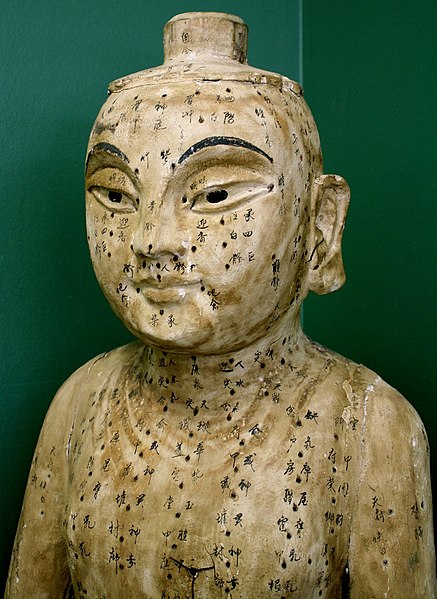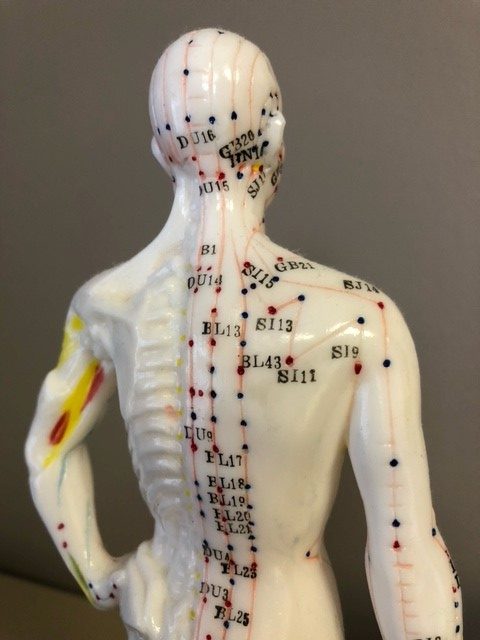
Acupuncture, a key component of traditional Chinese medicine (TCM), has been practiced for over 2,000 years. While many in the West are discovering its benefits for the first time, this ancient healing art has deep roots that stretch back centuries. In this post, we’ll explore the history of acupuncture and its significance.
The Origins of Acupuncture
Acupuncture is thought to have originated in China during the Shang Dynasty (1600–1046 BC). The earliest evidence comes from stone needles used in ancient medical treatments. By the time of the Han Dynasty (206 BC–220 AD), acupuncture had developed into a systematic practice with written texts.
One of the foundational texts for acupuncture is the “Huangdi Neijing” (The Yellow Emperor’s Classic of Internal Medicine), written around 100 BC. This text not only outlines acupuncture points but also explains the importance of balancing Qi for overall health. It remains a guiding reference for acupuncturists today.
During the Tang Dynasty (618–907 AD), acupuncture began to spread beyond China to other parts of Asia, including Japan and Korea. It was introduced to Europe in the 1600s by travelers and traders. By the 20th century, acupuncture gained recognition in Western medicine, particularly for pain management and stress relief.
Today, acupuncture is widely accepted as an alternative or complementary therapy in many countries. Modern research has demonstrated its effectiveness in treating a variety of conditions, including chronic pain, migraines, and even anxiety. Though the tools have changed—stainless steel needles have replaced ancient stone ones—the core philosophy of balancing the body’s energy remains the same.

Acupuncture has come a long way from its ancient roots, but its core principles have stood the test of time. Whether you’re seeking relief from chronic pain or just curious about this ancient art, acupuncture’s history speaks to its enduring power as a healing practice.
If you’re considering acupuncture or simply want to learn more, click here to learn more. You might just find that this ancient practice can bring balance and well-being to your life!
Sources:
- “The Web That Has No Weaver” by Ted Kaptchuk
- World Health Organization, Acupuncture: Review and Analysis of Reports on Controlled Clinical Trials